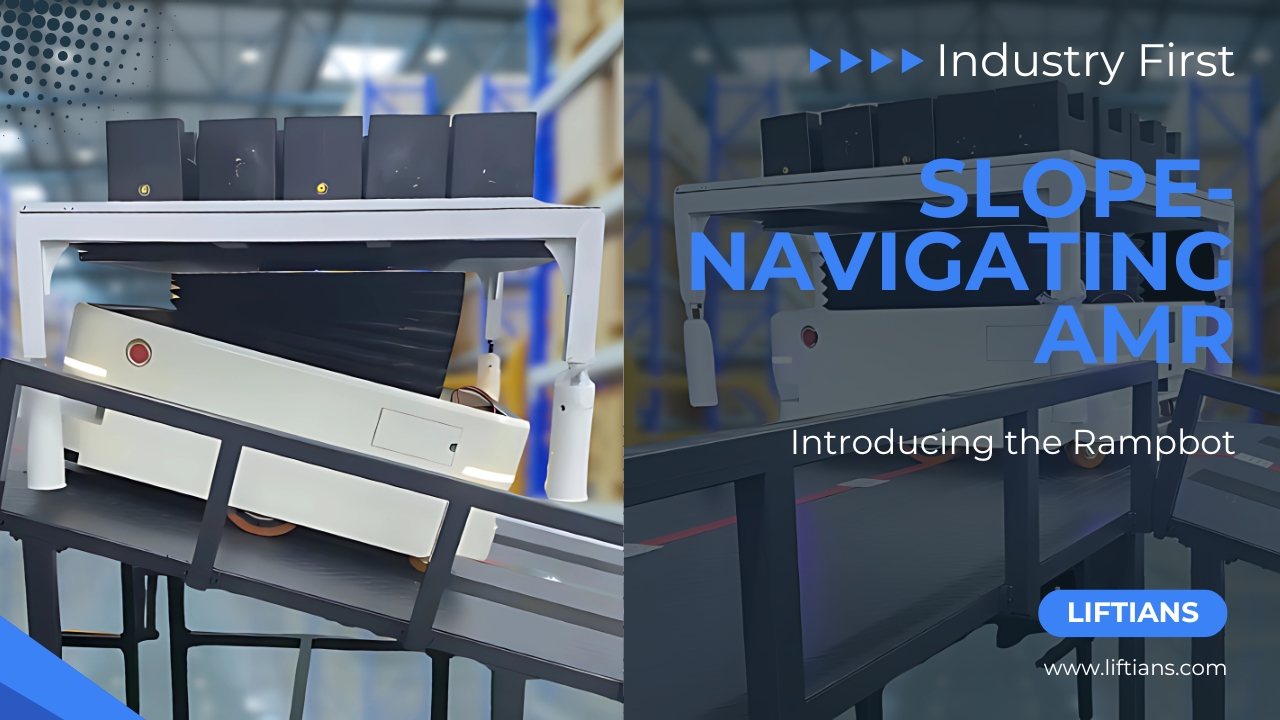With the rapid rise of Artificial Intelligence (AI) and automation, industries across the globe are transforming. While these technologies offer many benefits, they also pose a threat to job security. However, you can take proactive steps to future-proof your career. Here's how to stay ahead of automation and thrive in this evolving landscape.
1. Embrace Lifelong Learning
In an era of fast-paced technological advancements, continuous learning is essential. Staying up-to-date with trends in your field ensures you remain relevant and competitive.
-
Upskill and Reskill: Identify emerging skills in your industry and invest in your education. Online platforms like Coursera, Udacity, and LinkedIn Learning offer a variety of courses that can help you gain expertise in areas such as AI, data analytics, and machine learning.
-
Stay Informed: Regularly consume industry-related content, attend webinars, and participate in online communities to stay current on technological trends and innovations.
2. Develop Technological Literacy
Understanding how AI and automation work can help you leverage these tools to enhance your productivity and secure your role.
-
Learn to Work with AI: Familiarize yourself with AI-driven tools and software that can streamline tasks. Basic knowledge of coding or data analysis can make you more valuable in roles increasingly integrated with technology.
-
Stay Adaptable: Be open to adopting new tools and systems in your job. Adaptability signals to employers that you can thrive in an environment where technology is constantly evolving.
3. Focus on Uniquely Human Skills
While AI excels at tasks like data processing, certain human skills remain irreplaceable.
-
Critical Thinking and Problem Solving: Sharpen your ability to solve complex problems creatively. AI may process information, but human judgment and decision-making are difficult to automate and highly valued.
-
Emotional Intelligence (EQ): Develop interpersonal skills such as empathy, communication, and teamwork. Jobs that require relationship-building and emotional insight are less likely to be replaced by AI.
-
Leadership and Management: Strong leadership and management skills are critical in navigating technological changes, especially when guiding teams through automation transitions.
4. Expand Your Professional Network
A robust professional network can provide valuable support, career opportunities, and industry insights.
-
Networking: Attend industry conferences, join professional associations, and engage in online communities within your field. Networking is crucial for staying connected to new trends and opportunities.
-
Mentorship: Seek mentors who have successfully adapted to technological shifts. Their experience and advice can help guide your career through automation challenges.
5. Pursue Roles That Combine Human-AI Collaboration
Rather than viewing AI as a threat, focus on roles that require collaboration between humans and machines.
-
Human-in-the-Loop Roles: These positions involve overseeing and interacting with AI systems to ensure they operate effectively and ethically. Jobs such as AI trainers, ethics consultants, and machine learning explainability experts are emerging in this space.
-
Augmented Roles: Many roles are enhanced by AI, allowing you to focus on high-level tasks while AI handles repetitive work. For instance, in healthcare, AI assists doctors with diagnostics, enabling them to concentrate on patient care.
Conclusion
AI and automation are reshaping the workforce, but you can stay relevant by embracing lifelong learning, developing technological literacy, honing human skills, expanding your professional network, and pursuing roles that leverage human-AI collaboration. Rather than fearing automation, see it as an opportunity to enhance your abilities and remain competitive in the evolving job market. By taking proactive steps today, you can ensure your career thrives in the face of automation.

